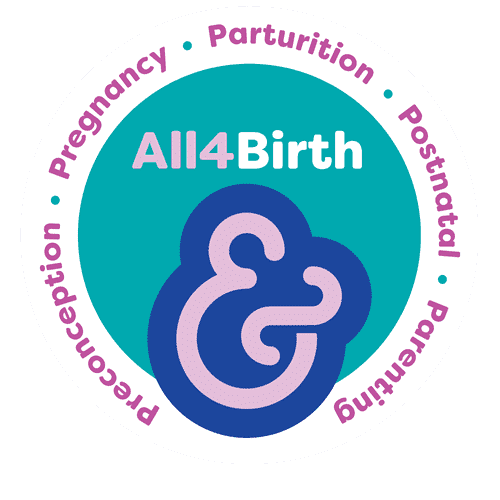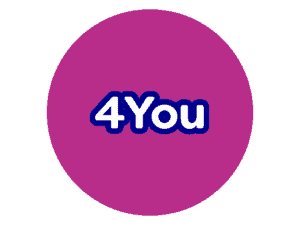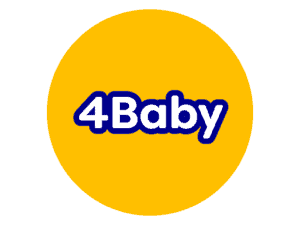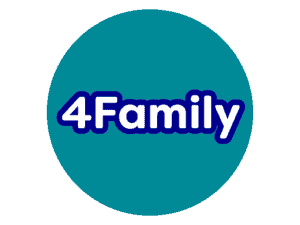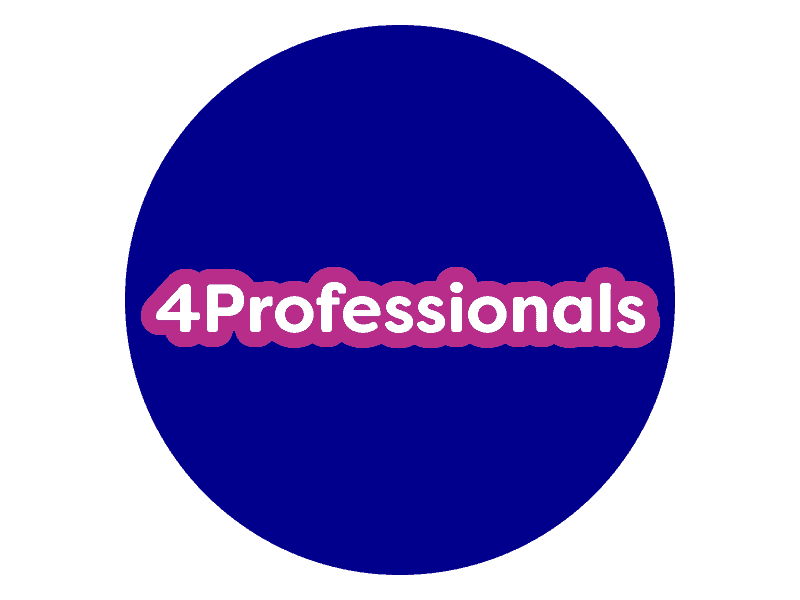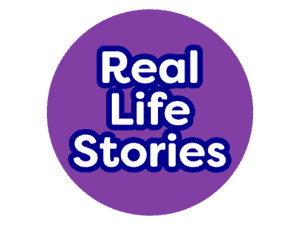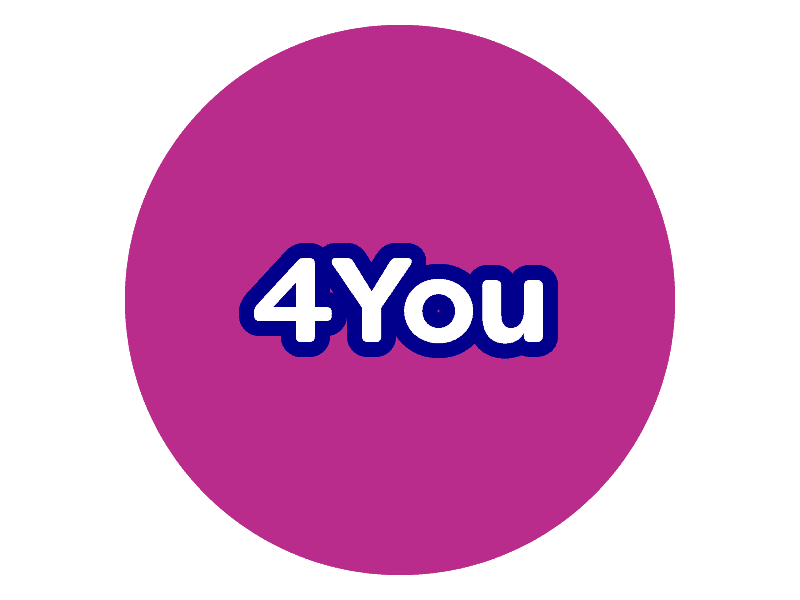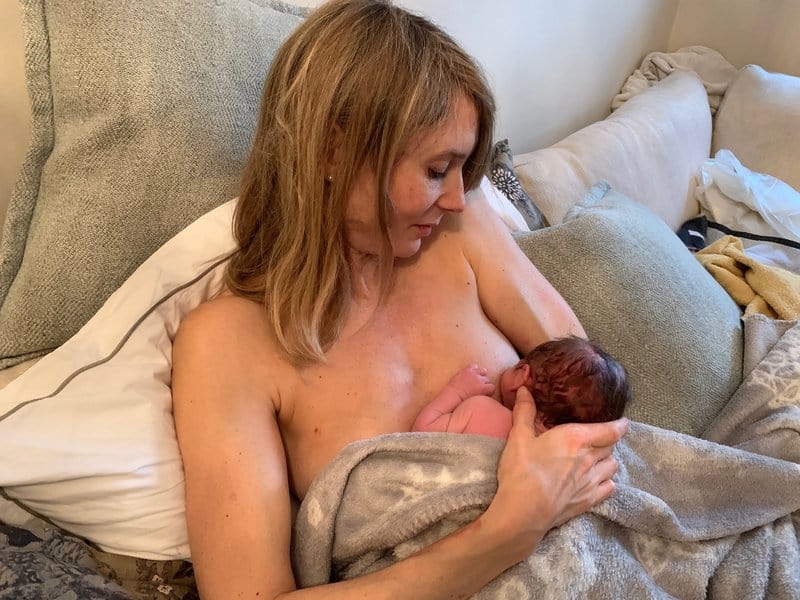Motherhood, Motherlands and Mother Earth: Lessons from My Children
Anna Horn
All4Birth Digital Co-lead
Twitter @helloannahorn
Featuring summaries of conversations with Elaina Bright-Mullings, Elle Narbrook and Fatimah Mohamied
Summary
Drawing inspiration from social justice movements and future generations, Anna Horn melds both personal experience and interviews with eco-conscious parents in a blended article of journeys to protect, respect and care for the environment and family. Anna Horn speaks with mothers Elaina Bright-Mullings, Elle Narbrook and Fatimah Mohamied on the reasons to utilise breastfeeding, cloth nappies/diapers and second-hand clothing as a way to nurture and care for their children, families and themselves in a way that is kind to the Earth.
This piece is dedicated to my moon and sun, Iris and Ezzy.
Motherhood
Motherhood brings lessons, many of which are taught by our children; and as I navigate raising small humans to be kind, responsible and socially conscious beings, I have discovered that our children are always watching, imitating and gathering insights from our attempts to embody the qualities we aspire to teach. I first realised how observant these little, watchful eyes could be when my daughter was 18-months-old – her small, purple kitten-shaped purse over her shoulder, she said, “I’m going to work!”. She stomped across the room, her feet slipping out of my shoes – a picture-perfect reflection of me, scurrying out the door to get to the office. My husband and I laughed, but I began to see how she closely and silently absorbed my words, my actions and the outward display of my values. She taught me the importance of living as an example of the values I wanted to share with her, and later, her brother.
Motherlands
Born and raised in the American South, I found myself far from home in England, where I started a family with my husband. We now have a 5-year-old daughter and recently, I gave birth to our son. I consider myself to be an advocate of social justice, equity and change that leads towards societies free from violence and harm. My husband and I strive to engender values in ourselves and in our children which centres social justice. I’ve also begun to share my spirituality with our little ones, rooted in our African and Indigenous ancestry, taking its own form in the context of the south of the United States. We value family, the land and legacy. I pondered the legacies that I am shaping for my children?
Mother Earth
My daughter was born in water and it was here where I began an introspective journey to better understand the connections between social justice and environmental movements. In between breastfeeding and baby-led weaning I uncovered through readings the realities of food poverty1, air pollution and its disproportionate impact on communities of colour2. I became more aware of the fight of Black and Indigenous peoples to protect climate3, water4,5 and lands. I learned how the consequences of environmental injustice disproportionately impacts marginalised groups in the Global North6 and people in the Global South7, whilst mostly the greatest power and influence to change it is held by the wealthiest of the world8.
My son was born on land and it was here where I decided, even in some small part, to become more eco-conscious and recognise that it is synonymous with social justice movements. I began using cloth nappies and making a switch towards other reusable products. My children taught me that I must live in a way that is reflective of my values, their little eyes are watching.
Learning in Community
I had the honour and pleasure to speak with three moms – Elaina, Elle and Fatimah about ways they’ve decided to make eco-friendly parenting choices. In our conversations, as we reflected on the ebbs and flows of parenting, we touched on the intricate ways we come to these choices as parents.
Breastfeeding, cloth nappies (or diapers) and second-hand clothing were the focus of our conversations. We gathered that there are many influences which shape our abilities to make these ‘choices’. For example, if parents have access to support when starting breastfeeding or chest feeding, the financial investment of cloth nappies and the stigma which may arise from wearing secondhand clothes for some. I acknowledge that the most responsibility towards environmental justice comes from the collective involvement of world leaders, major corporations and businesses, because these entities hold the biggest leverage. I never blame individuals for making choices which best suit their needs, even if they fall out of sync with what is environmentally friendly. As an advocate of social change, I have come to learn what eco-friendly choices I could make as a parent, to protect and to give reverence to Mother Earth.
Elaina discussed her journey with breastfeeding. Elle talked of her enthusiasm for pre-loved clothing for herself and her baby. And lastly, Fatimah shared her experiences as a fierce, cloth diapering mama! The motivation for these choices were interwoven with health, finances, lifestyle preferences, spirituality, political statements and more. We uncovered that there are many reasons why people may make eco-friendly choices and when they do, it doesn’t have to be ‘all or nothing’. Every little bit counts.
Go over to our YouTube channel to listen to Elaina, Elle and Fatimah discuss eco-friendly parenting.
Happy Earth Day 🌎
 Connect with our speakers
Connect with our speakers
Elaina Bright-Mulling: @ebrighte (Instagram)
Elle Narbrook: @ellenarbrook (Instagram)
Fatimah Mohamied: @geekfatimah (Twitter)
References
- Dowler E and O’Connor D. Rights-based approaches to addressing food poverty and food insecurity in Ireland and UK. Social Science and Medicine. 2012;74:44-51.
- Environmental Defense Fund. Young activists and NHS doctors warn “breathing kills” as London air pollution hits deprived areas and communities of colour. Environmental Defense Fund. Accessed April 19, 2022. https://www.edf.org/media/young-activists-and-nhs-doctors-warn-breathing-kills-london-air-pollution-hits-deprived-areas
- McNulty L. Best Sustainable Gifts in Asia – Green Is The New Black. Accessed April 19, 2022. https://greenisthenewblack.com/indigenous-climate-activists/
- Copeny M. The Flint Water Crisis Began 5 Years Ago. This 11-Year-Old Activist Knows It’s Still Not Over. ELLE. Published April 24, 2019. Accessed April 19, 2022. https://www.elle.com/culture/career-politics/a27253797/little-miss-flint-water-crisis-five-years/
- Norman ES. Standing Up for Inherent Rights: The Role of Indigenous-Led Activism in Protecting Sacred Waters and Ways of Life. Water Crises and Governance. Published online 2019:143-159. doi:10.4324/9781315097909-9
- Watts J, Lakhani N. Environmental justice means racial justice, say activists. The Guardian. http://www.theguardian.com/environment/2020/jun/18/environmental-justice-means-racial-justice-say-activists. Published June 18, 2020. Accessed April 19, 2022.
- Maynard M. Climate leaders of the Global South: the scientists, politicians and activists tackling the crisis at home – Geographical Magazine. Accessed April 19, 2022. https://geographical.co.uk/nature/climate/item/4198-how-can-nations-of-the-global-south-lead-their-own-transitions
- Oxfam. Carbon emissions of richest 1 percent more than double the emissions of the poorest half of humanity. Oxfam International. Published September 23, 2020. Accessed April 19, 2022. https://www.oxfam.org/en/press-releases/carbon-emissions-richest-1-percent-more-double-emissions-poorest-half-humanity
